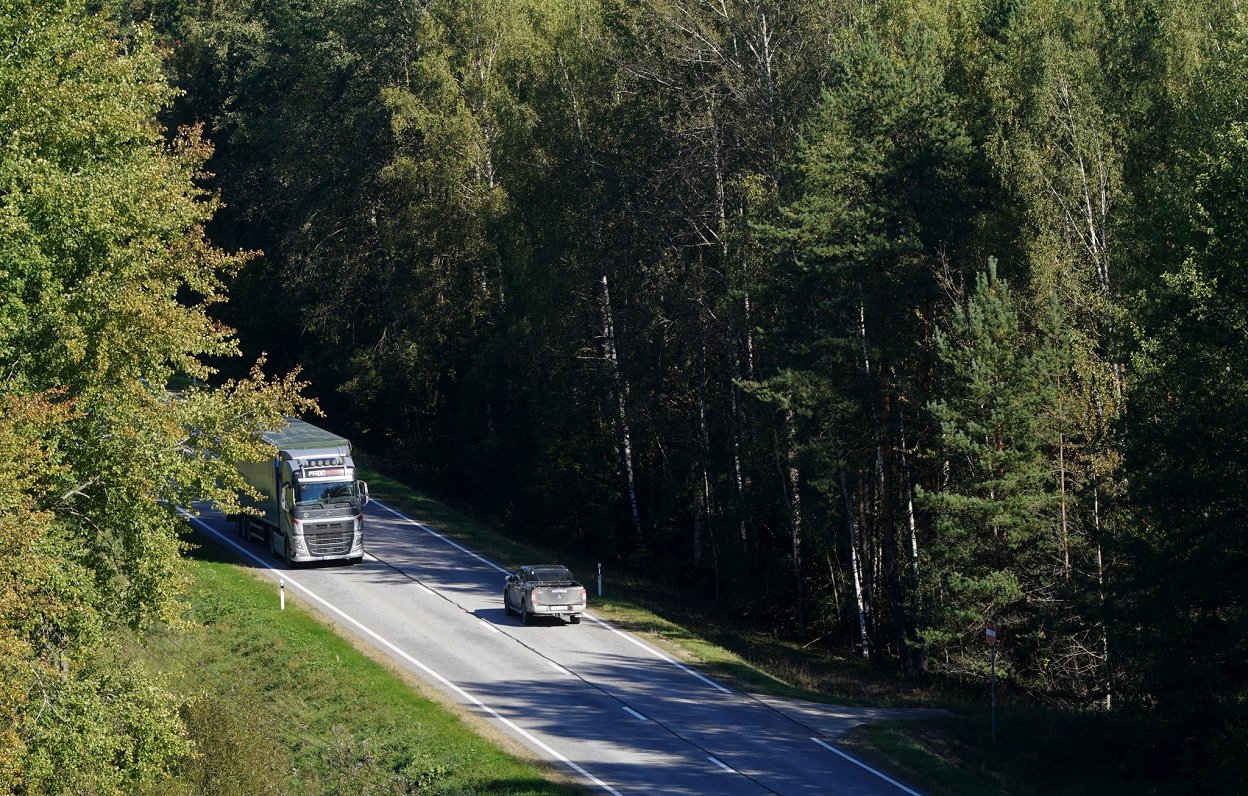Five dead and 25 injured – that’s how tragic the past weekend was on Latvia’s roads. Traffic culture researcher Ivars Austers believes that not only punishments, but also a change in public opinion can change the situation, Latvian Radio reported on 11 August.
On Friday, shortly before or after midnight, there was one fatal accident in Riga – the rider of an electric scooter was killed when he fell under a tram .
On Saturday and Sunday, tragic road accidents occurred in the Ādaži region. There was also a fatality in Mālpils parish, Sigulda municipality, on the P8 Inciems-Sigulda-Ķegums road, and in Smiltene municipality, Smiltene region, on the P24 Smiltene-Valka road.
On Sunday, a tragedy occurred in Tukums municipality, Pūre parish, where a lorry hit a pedestrian who died at the scene.
The police said that the other parties involved in the accidents – the survivors – were not under the influence of alcohol, while the results for the deceased are still pending.
Law enforcers admit that the holidays were indeed tragic and such accidents do not happen often. This year, a total of 65 people have died on the roads, counting the past weekend.
Two accidents are known to have occurred after dark, including the tragedy in Rīga, and three during the day. There were a total of 190 accidents last weekend, which is average.
Researcher: Need to educate the wider public
The fact that more tragic accidents occur on the same day does not indicate a pattern. It should be seen over a longer period of time, says Ivars Austers, professor at the Faculty of Educational Sciences and Psychology at the University of Latvia and researcher on traffic culture.
“What we should focus on is the underused methods of punishment. Well, of course, we see that now, for example, average speed cameras work very effectively in the places where they are placed, nobody is speeding,” Austers said.
“But speed is not the only thing. There are extremely ill-considered, unwise overtakes. For example, if we look now at the events of this last weekend, there was likely something like that, given that these are head-on collisions,” Austers pointed out.
“And in such cases, of course, the opinion of others can help a lot if one is not driving alone. So, for example, a missed opportunity is to teach people the right way to reprimand rather than to tell: You drive like an idiot! What are you doing here? But you can say: Your behaviour at the wheel is not only a danger to me, but also to you. In other words, to teach society in a broader sense,” the researcher concluded.
Select text and press Ctrl+Enter to send a suggested correction to the editor
Select text and press Report a mistake to send a suggested correction to the editor
Tell us about a mistake
